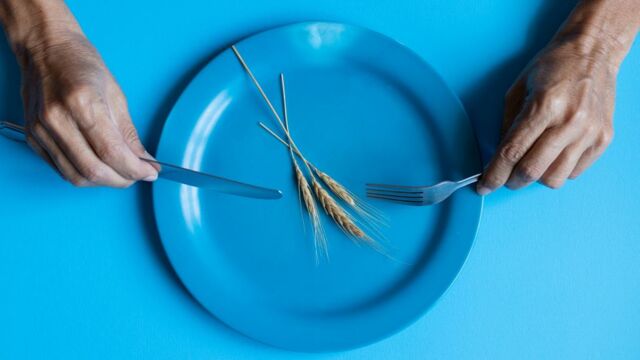As reported by The Guardian, Europe is teetering on ‘the brink of a recession.’ A variety of events have compounded to take the situation from bad to worse. In the UK, with inflation at 10%, which is the highest it has been in 40 years and the Bank of England’s forecast that it is likely to peak at 13% this fall, a recession is all but likely.
Discover our latest podcast
Along with the pandemic and Brexit, the impact of Russia’s war on Ukraine has also led to soaring energy prices, and supply chain disruption. According to Insider, Russia and Ukraine being the two biggest exporters of wheat in the worldhas contributed to the soaring food inflation.
Insider quoted Tjada D'Oyen McKenna, the CEO of Mercy Corps
The main constraint to accessing food is decreased purchasing power coupled with increased food prices.
The food crisis in 2023

As per the Insider report, with Ukraine and Russia reaching an agreement which allows Ukraine to restart grain exports, the UN Food and Agriculture Organization Food Price Index has been falling, indicating a fall in price of a basket of commonly traded commodities. However, according to the report, consumers might not experience a trickle-down of the price decline anytime soon.
As stated by Insider, McKenna said,
While many food prices have been decreasing in recent weeks, with some returning to prewar levels, markets will continue to be volatile and even if global prices come down, local markets may not see price adjustments for upwards of a year.
Insider also states that while this year the food crisis mainly happened due to a logistical supply issue, next year it could be worse due to ‘a supply squeeze.' As forecasted by McKinsey, Ukraine’s grain production will see a sharp decline of 35% to 45% in the next cycle, which will have a major impact everywhere in the world.
Rising fertiliser prices would further affect the food crisis

Russia was one of the largest fertiliser suppliers in the world, with one-fifth of the world’s total fertiliser exports export coming from there in 2021. However, the war with Ukraine has changed that scenario completely. Price of urea, a very commonly used fertiliser, has shot up leading to a situation where agriculturists all over the world have lesser access to fertiliser now.
As per McKinsey,
Fertilizer shortages and higher prices for fertilizers are also expected to reduce yields in countries that depend heavily on fertilizer imports, such as Brazil. This will likely further decrease the volume of grain on the world market.
This is bad news since farmers have been unable to adequately invest and prepare for next year’s production cycle leading to the really strong possibility of a worsening food crisis.
Read more:
⋙ 5 ways to pay less and keep your pet happy as the cost of living rises
⋙ War in Ukraine: The cost of living in the UK is expected to rise due to the crisis
⋙ Calls for minimum wage to be increased to £15 amid cost-of-living crisis















